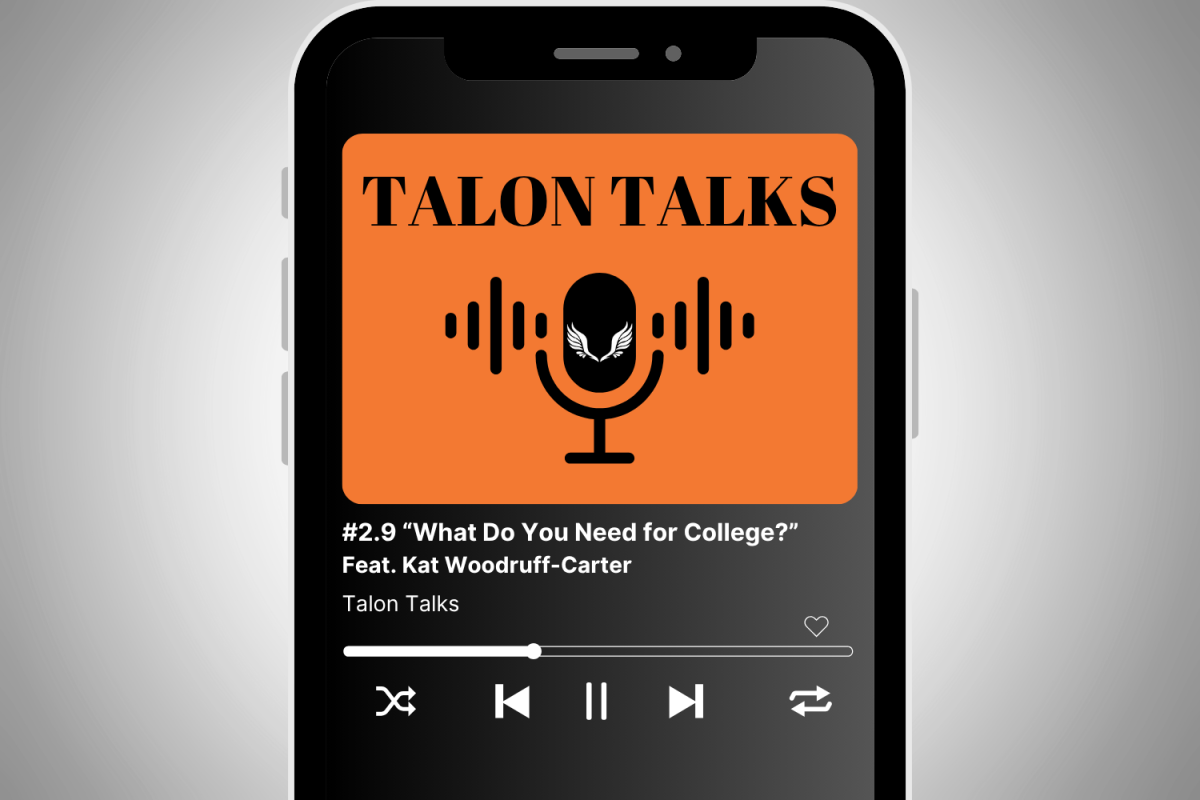A student comes home at four o’clock sharp with plenty of time to do their homework. They had a good day at school and will be able to relax as well as complete their daily responsibilities they have at home. However, a different student arrives home at nine o’clock after working at a grocery store, going to basketball practice, and having a long school day. They had a rough day and won’t be able to complete their homework or chores in time for bed. As a result, their grades begin to slip.
The mental health, physical health, social life, and grades of students can be affected immensely due to homework. It can make their motivation levels and energy drop- as well as stressing them out completely. Most students, if that’s not stressful enough already, spend an average of 10 hours weekly on homework. Additionally, it increases the risk of mental issues in youth. One in five students shows signs of depression and anxiety related to school and homework. Likewise, social lives can be ruined due to lack of communication because of loads of work, not to mention grades may end up dropping astronomically if homework is incomplete or wrong.
Despite the constant dissatisfaction, students are presented with the ability to learn outside of school as well as figure things out on their own, which is necessary for their future success. If teachers properly provide the recommended amount of homework (10-15 minutes per night), students may have more time to take care of themselves mentally and physically, go to practices for sports and extracurriculars, and do their homework without complicating their other responsibilities at home.
Most students have very passionate opinions on homework, considering it affects them tremendously every day.
“Homework is harmful for students because there is an abundance of it that stresses students out way too much,” Drew Gledhill, a freshman, argues. “[Homework] can cause mental health issues and have brilliant students looked down upon because of their problems at home.”
Other students, like freshman Diya Patel, believe it’s both good and bad depending on the situation. In addition to that, Patel claimed “Homework should be optional.”
Teachers tend to have corresponding thoughts on this topic. Mrs. Freeman and Mrs. Wilson both claimed that homework is both helpful and harmful depending on the situation. Mrs. Clark elaborates on this. “Homework is helpful because it helps students be lifelong learners.”
Teachers could continue assigning homework to students or require less homework for their classes, which would take some of the pressure off of students. Another solution would be making it optional, but only to an extent, and leaving the decision mainly up to teachers. This would help the grades of students, and if they need to practice the information, they can get it. However, if take-home work is unnecessary, stressing students out with it is unnecessary. Teachers should aim to make sure their students are learning while under the least amount of pressure possible.































































